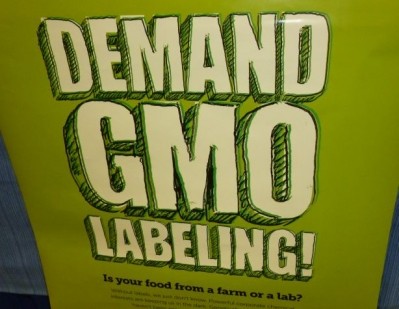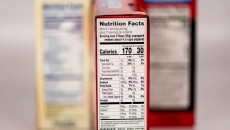Prop 37 designed to be ‘business friendly’, says Right To Know campaign

Media director for the California Right To Know campaign Stacy Malkan told this publication that the wording of the proposed law was designed to make it easier for companies to comply, requiring them to prove their intention to avoid GMOs, rather than requiring their products to pass tests proving that GMOs were not present.
“I think that’s an important provision, because unfortunately contamination is a huge problem,” said Malkan. “The California initiative was designed to be business friendly and easy to comply with.”
There is similar thinking behind Prop 37’s exemption for certified organic foods, Malkan said. USDA organic certification does not guarantee that a product is GMO-free, but that it has been produced through organic methods with safeguards in place to minimize the chance that it will contain GMOs.
Business friendly?
Kathy Fairbank, spokesperson for No On Prop 37, said that the proposition “is the exact opposite of business friendly, because it allows trial lawyers to file lawsuits against anyone on the food chain….Companies can either prove that they are right [that a product does not contain GMOs] or they can settle with the lawyers.”
If Prop 37 were to become law, she said: “Food companies would have two options: They could either keep using the same ingredients, except change their packaging and set up California-only distribution plants, or they could change their ingredients to likely more expensive non-GE ingredients….To say that this is business friendly is simply preposterous.”
Thresholds, and lack thereof…
In Europe, there is a maximum threshold for genetically modified content in organic foods to allow for accidental crossover at the field or transportation level. As long as companies can prove that GMO content is accidental, food can be certified organic with up to 0.9% genetically modified material. The 0.9% threshold also applies to other, traditionally produced foods in Europe, but in practice, companies trading there aim to remain under the 0.9% limit to avoid labeling.
One difference for organic food in the United States is that there is no threshold for GMO content, although if a product is found to contain high levels of GMOs, suppliers could be barred from selling their crops as organic – but this in on a discretionary basis, according to National Organic Program spokesperson Soo Kim.
“A lot of companies have gone to Non-GMO Project Verified labeling, so the organic industry is bearing a cost for something they really shouldn’t have to,” she said.
The Non-GMO Project Verification program tests products for GMO content at points along the production chain considered to be high-risk for GMO contact.
However, it has become increasingly difficult in the United States for producers to avoid GMOs completely. According to the USDA, 94% of all soy, over 90% of sugar beet and canola, and 88% of corn in the United States is now grown using GM seeds.


















